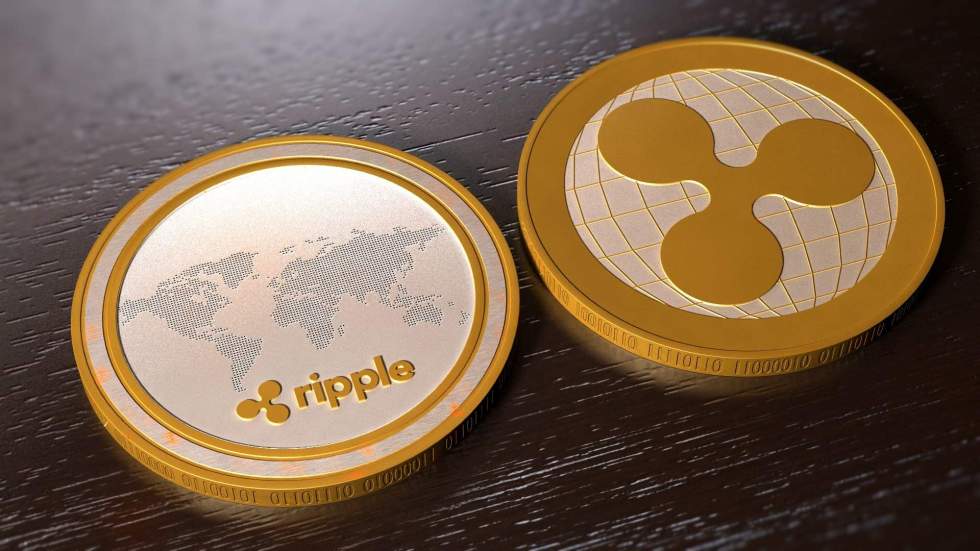J.W. Verret has outlined in an interview with John E. Deaton why XRP holders should hope for a “thin victory” for Ripple against the U.S. Securities and Exchange Commission (SEC). The former member of the SEC’s Investor Advisory Committee and an associate law professor at George Mason University in securities law also explained that the agency is likely surprised by the uphill battle with Ripple.
Verret shared his views in a CryptoLaw live stream, in which Deaton also asked his counterpart why the SEC chose Ripple in particular, despite it being one of the best-funded companies in the crypto industry. CEO Brad Garlinghouse once said that when the final word is spoken, Ripple will likely spend $100 million in legal fees.
The former SEC advisor responded that the agency underestimated the fight and probably expected a settlement. However, considering the way things have gone, this is a far-off prediction, he said.
I don’t think they saw that coming and I think they probably expected a settlement. They underestimated the fight inside of Brad.
This Is Why XRP Holders Should Hope For A “Thin Win” For Ripple
According to Verret, there is a very high probability that the losing party in SEC vs. Ripple Labs Inc. will appeal. If that happens, the case could become the vehicle by which the U.S. Court of Appeals for the Second Circuit and the U.S. Supreme Court will reshape the administrative law for crypto itself.
However, the path from the appeals court to the Supreme Court could take four to five years, according to the law professor, assuming an appealable summary judgment is granted. The only case in which Ripple wins and the SEC refrains from appealing is if the fintech wins solely on the basis of the “Fair Notice” argument, according to Verret.
“I think if it’s more of a win on a fair notice argument alone, […] that would obviously have a lot less implications for the following cases. And the SEC would be unlikely to challenge that, I think. If they lose on that, it doesn’t cause issues for them in other cases so they might just let that lie,” Verret stated and continued to explain:
But if it is a bigger win, then the SEC will quickly appeal it. So in some sense if you are an XRP holder, you almost want a very thin win – a win on fair notice alone.
Continued litigation in higher courts could therefore mean more than five more years of regulatory uncertainty and thus a continued depressed token price for XRP holders. On the other hand, Verret believes that Ripple and other crypto companies will have a high chance of success on appeal and before the Supreme Court.
The reasoning behind this is that the Supreme Court has ruled that federal agencies that want to determine a matter of national importance must do so with a clear authorization from Congress. This is referred to by lower appellate courts as the “Major Questions Doctrine.”
Crucial to this is the case of West Virginia v. U.S. Environmental Protection Agency, where the phrase was first used by the Supreme Court in 2022. According to Verret, the Supreme Court has previously applied the doctrine in a number of rulings.
Among others, the “Major Questions Doctrine” was applied in 2000 in FDA v. Brown & Williamson Tobacco Corp. and in 2006 in Gonzales v. Oregon. And the crypto industry along with the Howey test could be a prime example of another application, according to him.
Because of the lengthy process, however, Verret concluded:
Eventually, the SEC’s discretion to regulate crypto may well be substantially constrained by the major questions doctrine. Until then, this hope will prove little solace to crypto entrepreneurs seeking to come into compliance and those who just want to understand the rules of the road.
At press time, the XRP price was at $0.3701, continuing its downward trend that began in late January.
